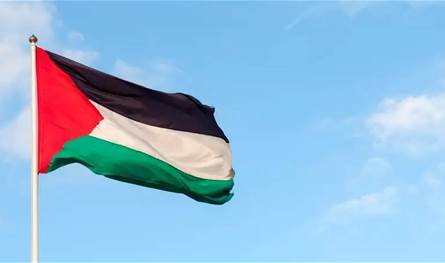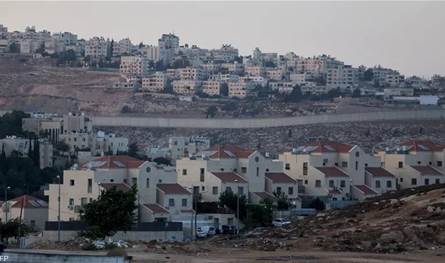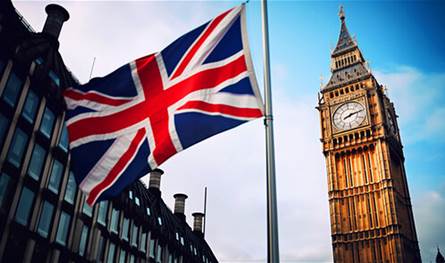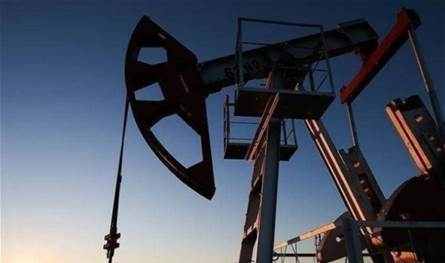What does recognize the State of Palestine mean?

But what does this recognition mean?
Palestine is a “standing and non -existing state”, according to what a number of observers see, as it has wide international recognition and diplomatic missions abroad, and its teams participate in sports competitions, including the Olympic Games. But because of the continuous Palestinian -Israeli conflict, they have no internationally agreed borders, despite the UN decision on the borders of this country (the limits of 1967), no army, and no independent economy capable of standing on its leg, with control Israel with its imports. Because of the Israeli military operation of the West Bank, the Palestinian Authority – which was formed after the peace agreements in the 1990s – does not have full control of its land and its people. Looking at this situation, recognition of the State of Palestine bears an important symbolic nature. It represents a strong moral and political position, especially after the destroyed Israeli war on Gaza, and international assurances that “extermination” in the besieged Palestinian sector also opens. It also opens the way to open the embassies, and the exchange of ambassadors between Palestine and the countries confessing to it, and enhances the presence of the Palestinian state in international forums. The Israeli interior.
The symbolism, then, is strong, especially in terms of Britain’s recognition of the Palestinian state, which launched the famous “Balfour Declaration” in 1917. The former British Foreign Secretary, David Lami, indicated during his United Nations speech last July: “Britain has a special responsibility to support the two -state solution.” Lami cited the Balfour Declaration of 1917 – which was signed by British Foreign Secretary at the time, Arthur Balfour – who expressed for the first time Britain’s support for “the establishment of a national homeland for the Jewish people in Palestine. C. But the region that was previously known as Palestine, which Britain had ruled under the assignment of the League of Nations from 1922 to 1948, has always been considered incomplete international affairs. In 1948, Israel originated, but the efforts to establish a parallel Palestinian state stumbled for many reasons.
As for the proposal of the “two -state solution”, which was frequent for years, it indicates the establishment of a Palestinian state in the West Bank and the Gaza Strip, on the same lines that existed before the 1967 war, and its capital, East Jerusalem – occupied by Israel since that war. However, international efforts to achieve the two -state solution were unsuccessful until yesterday, and Israel continued to expand settlements and bite large parts of the West Bank, which is illegal by international law. The last French revived this path, and its support at the United Nations, in a move that represented a strong push for a two -state solution and the revival of peace. Who recognizes Palestine as a country?
147 out of 193 members of the United Nations recognize the State of Palestine. While Palestine has a “permanent monitoring state” at the United Nations, allowing it to participate without the right to vote. On Sunday, Canada, Australia and Britain have officially recognized the Palestinian state, bringing the number of countries to 150.
The post What does recognize the State of Palestine mean? appeared first on 961 tobay Lebanon today.
















